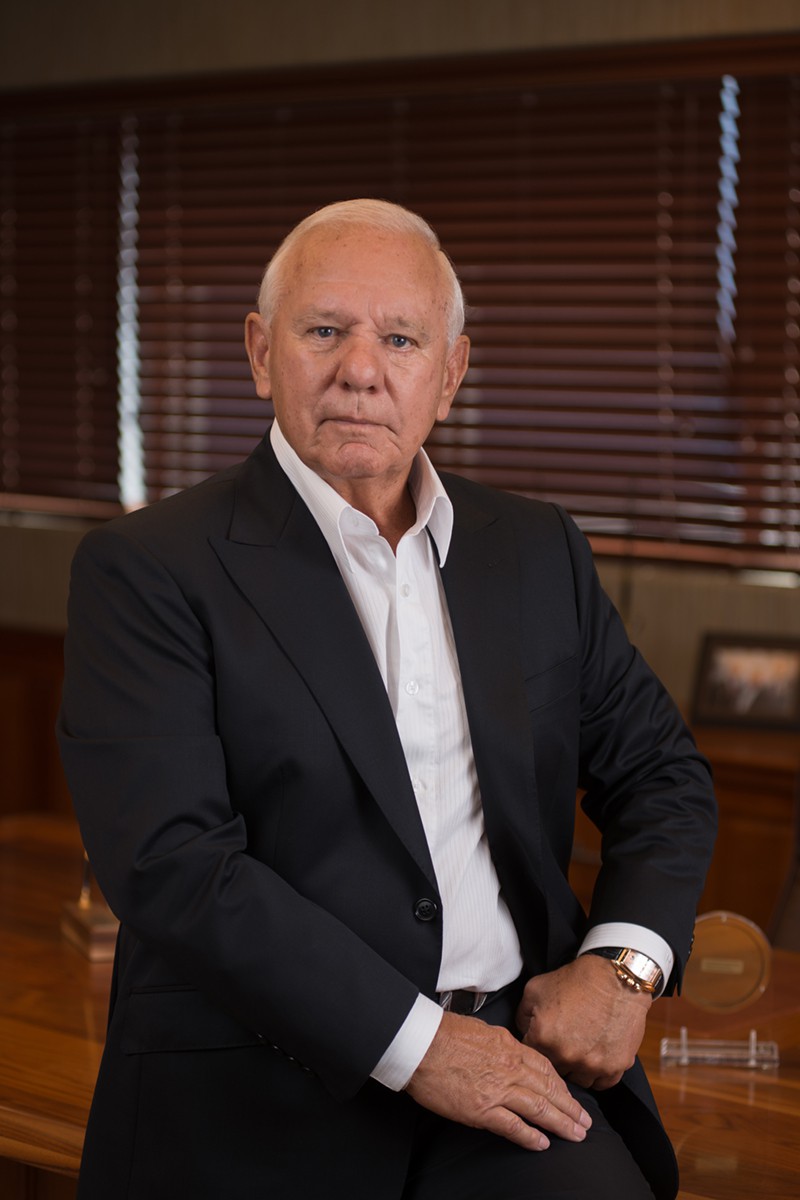By Gerry Czarnecki
A great board can be collegial, but not all collegial boards are great. Most directors would much rather go to a board meeting where the relationships among the board members fit the definition of collegial. One primary definition of the word – “marked by power or authority vested equally in each of a number of colleagues” – sounds like a great definition of effective board process.
But another definition – “marked by camaraderie among colleagues” – starts to focus on another aspect of the relationships. That is, how much they have a “spirit of good friendship and loyalty among members of a group.” Once again, all of this can seem like a positive culture for effectively working together. In so many ways, it’s why a great board can be collegial.
However, if this need for camaraderie ever gets so strong that it prevents constructive debate or promotes constrictive tension, then it can create a condition that works against the effective functioning of a board. In short, if there is no ability for dissent because everybody wants to get along, then there will be no ability to have alternative views discussed and evaluated.
This condition can cause an entire board to drift to a decision-making process that is without meaningful inquiry and skepticism. Worse, it can cause a board to blindly follow either a strong willed president, a dominant chair or even a strongly opinionated informal leader of the board.
Going along to get along can be a disaster for effective decision making. Consensus is critical for effective board decisions, but when it is achieved through passive concurrence that’s designed to avoid tension and conflict, it can lead to ignoring critical risk factors.
Avoiding these pitfalls can be a challenge, but leadership can make it happen. Here’s how:
• The board chair must not only tolerate constructive dissent, but must encourage it.
• The members must recognize they are there to bring their perspectives to the decision process.
• All board members must recognize that consensus is effective only if all viewpoints are heard.
• All members must be able to dissent without being disagreeable. ↵
Gerry Czarnecki is founder and chairman of the nonprofit National Leadership Institute (nationalleadershipinstitute.org), which helps boards of nonprofit organizations become strategic assets to the leadership team. His extensive background as a C-suite executive and CEO is coupled with current board leadership of corporate and nonprofit organizations. He is also chairman and CEO of the Deltennium Group. Contact him at 561.293.3726 or gmc@deltennium.com.
















